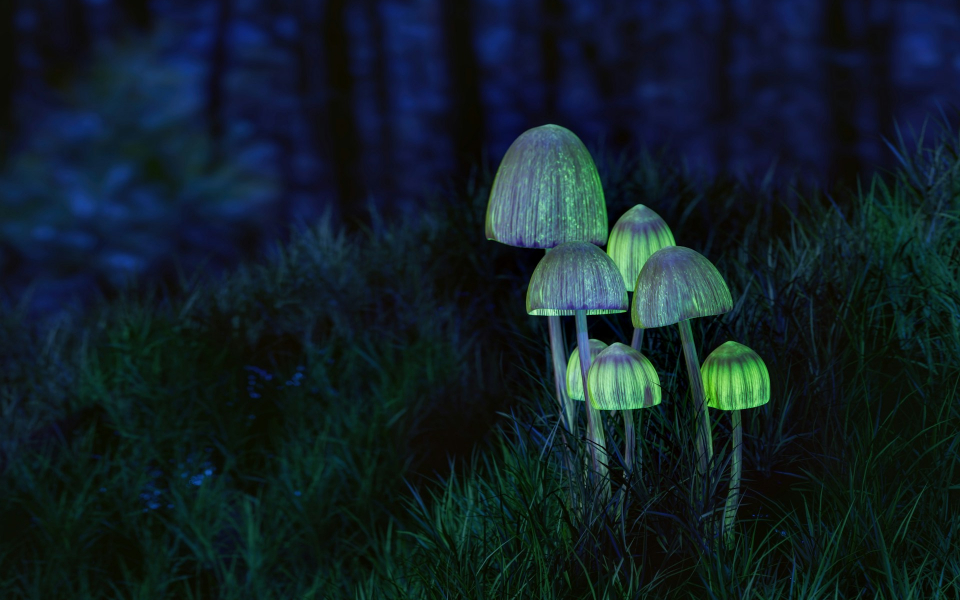In a pioneering study funded by the UK Government, researchers at Imperial College London are set to examine the potential of psilocybin-assisted therapy to treat opioid addiction. As Leafie reported, this marks the first time that the UK government has backed research into using psilocybin for substance addiction, a critical step in broadening the therapeutic tools available for opioid dependency.
Traditional Treatments Fall Short Amid High Relapse Rates
The UK, with some of the highest opioid use rates globally, faces relapse rates near 90% within a year despite treatments like methadone and talk therapies "Finding new and effective treatments is essential," stated Dr. David Erritzoe, Clinical Director at Imperial's Centre for Psychedelic Research. "If this trial is successful, it offers hope for a new type of treatment that could make a significant difference to this group of people."
Psilocybin And Talk Therapy Combined
The study will involve participants recovering from heroin and other opioids, including those on replacement therapies like methadone. Over six months, participants will receive psilocybin doses and therapy, with MRI scans tracking brain response. Dr. Louise Paterson from Imperial's Centre for Psychedelic Research noted, "This trial will examine whether we can improve recovery in a severely under-served group of people... We want to see if it works equally well for opioid use disorder."
A Collaborative Effort To Reduce Drug-Related Deaths In The UK
Funded by the National Institute for Health and Care Research under the Addiction Healthcare Goals program, the study is one of four initiatives aimed at reducing drug-related deaths. Professor Anne Lingford-Hughes, chair of the program, emphasized the urgency of innovation in addiction treatment, saying, "The Addiction Healthcare Goals program is pleased to fund promising innovations that have brought together partnerships between industry, academia and treatment organizations."
Recruitment for participants is slated to begin by spring 2025. If successful, this study could pave the way for psilocybin-assisted therapy as a revolutionary approach in treating opioid addiction.










